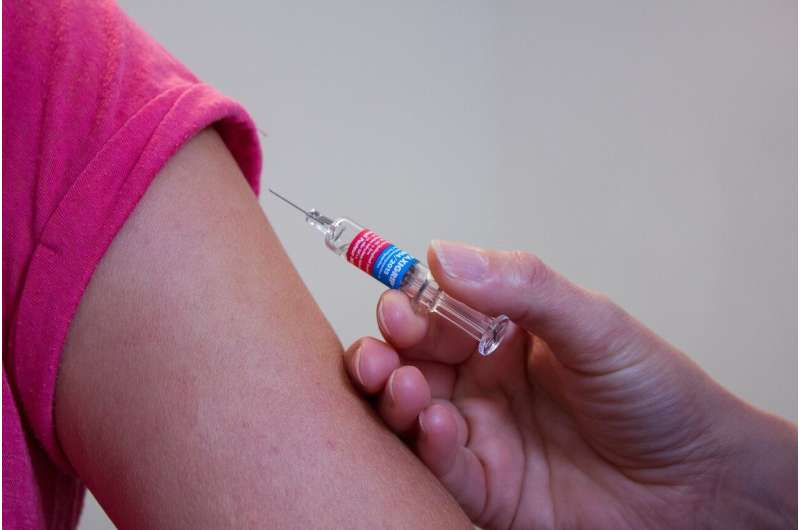Government Termination of Trans Health Research Sparks Concerns Across Science and Society

The abrupt termination of a pivotal trans health research study by the government raises concerns over scientific progress and societal impacts, highlighting risks to community trust and health equity.
Recent developments have highlighted significant setbacks in the field of transgender and nonbinary health research. The government abruptly ended a four-year federally funded study focused on resilience within trans communities, citing changes in agency priorities and claiming that the research lacked a scientific basis. These actions follow a broader pattern of reductions in LGBTQ+ health funding, including the dismantling of the NIH Sexual and Gender Minority Research Office and the removal of LGBTQ+ information from health websites. Such measures reflect ongoing political and ideological efforts to diminish support for trans health initiatives.
This project, led by researchers dedicated to understanding and improving trans health outcomes, had collected extensive data from over 600 individuals across the U.S. It aimed to develop new measures of resilience—how trans and nonbinary people cope with gender-based stigma and discrimination—and was on the brink of publishing important findings, especially concerning trans people of color. The sudden termination not only halts valuable scientific progress but also threatens to erode decades of accumulated knowledge about gender diversity and health disparities.
Beyond the scientific implications, these cuts undermine the community's trust in research efforts historically marred by exploitation and marginalization. The project provided training opportunities for early-career researchers, many of whom now face the loss of their positions and mentorship opportunities. The broader impact extends to the potential loss of the next generation of trans researchers and a chilling effect on future scientific inquiry in this vital area.
The policy decisions have wider societal repercussions, including diminishing the evidence base supporting gender-affirming care. A recent government report questioned the safety and efficacy of such treatments despite overwhelming scientific consensus. Critics argue that these actions are based on misinformation and ideology rather than scientific evidence, risking harmful health outcomes for trans youth and adults.
The termination of this research projects a concerning trend—divesting from science that affirms transgender identities and supports health equity. It represents a significant setback not only for the scientific community but also for the millions of trans and nonbinary individuals whose well-being depends on informed, respectful healthcare and research efforts.
Source: https://medicalxpress.com/news/2025-06-trans-health-terminated-abrupt-grant.html
Stay Updated with Mia's Feed
Get the latest health & wellness insights delivered straight to your inbox.
Related Articles
Targeting FGFR1 as a Promising Therapeutic Strategy Against Cardiac Fibrosis
A multi-scale analysis uncovers FGFR1 inhibition as an effective approach to reduce cardiac fibrosis and improve heart function, offering new hope for treating dilated cardiomyopathy and heart failure.
Potential Risks of Prescription Drugs on Elite Cyclists Under Investigation
University of Kent researchers are investigating the potential dangers and performance-enhancing effects of tapentadol and dihydrocodeine on elite cyclists, with findings expected in 2026. Source: https://medicalxpress.com/news/2025-05-potentially-dangerous-effects-prescription-drugs.html
Single Dose RSV Vaccine Offers Protection Against Hospitalization in Older Adults Across Two Seasons
A single RSV vaccine dose has been proven to reduce hospitalizations and severe illness in adults aged 60 and older across two RSV seasons, according to new research in JAMA, highlighting the vaccine's significant public health impact.
Public Support for Childhood Vaccination Requirements Grows Amid Measles Outbreak
Amid a significant measles outbreak, a new survey reveals that 79% of Americans support mandatory childhood vaccinations, emphasizing public commitment to disease prevention and community health.



